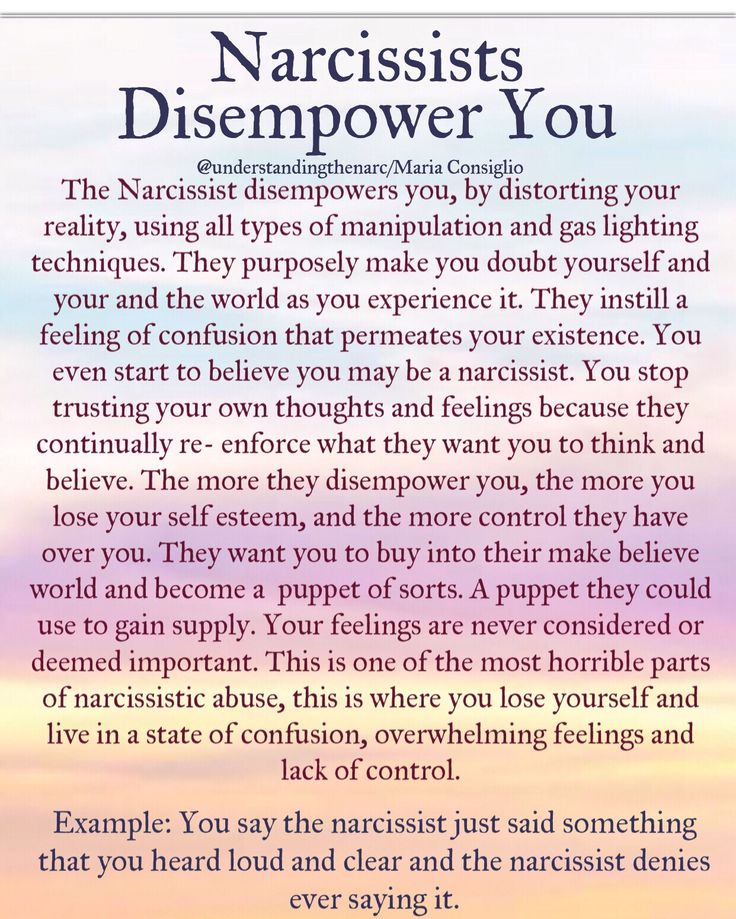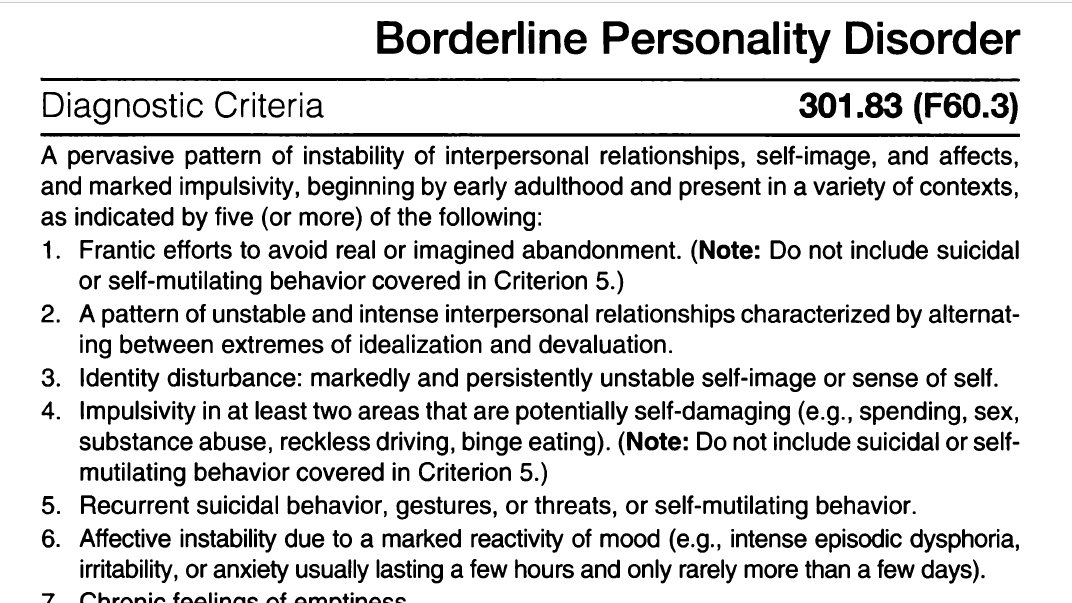Narcissistic grandmother traits
12 Toxic Signs of a Narcissistic Grandmother (and how to deal with her)
Last Updated on August 15, 2022 by Alexander Burgemeester
Narcissists defy logic. A small minority are self-aware enough to seek help. Some seem pretty functional and even successful. But the majority are blissfully ignorant of the devastating impact they have on the people around them.
A narcissistic grandmother is a latter type. She doesn’t realize the extent of her issues, and she tends to find fault in everyone but herself. That is typical of most narcissists.
So before we get to the specific signs of a narcissistic grandmother and how you can cope with her, let’s look at what narcissism is.
This article is written by Lana Adler, founder of Toxic Ties.
Table of Contents:
- What is Narcissism?
- 2 Types of Narcissism
- 12 Signs of a Narcissistic Grandmother
- 4 Strategies Dealing with them
- Final Thoughts
What is Narcissism?
Narcissism (or narcissistic personality disorder – NPD), is a pattern of self-centered thinking and behavior characterized by a craving for attention and a lack of empathy for others.
Everyone is narcissistic to some degree. We all enjoy being praised or admired. We typically prioritize our needs over others, and sometimes we fail to acknowledge or empathize with someone else’s suffering.
For example, you might enjoy the attention you get when you wear that form-fitting dress. You accept a promotion at work even though your colleague deserved it more.
Or here’s something we are all guilty of: you know of the profound humanitarian crises in the third world, but you put it out of your mind and go get yourself the latest iPhone.
As bad as this sounds, this isn’t pathological. At least not in a clinical sense.
But when it comes to narcissism in a pathological form, the traits of self-centeredness and disregard for others’ become extreme and even dangerous.
So what are the specific signs of narcissistic disorder? According to the Diagnostic and Statistical Manual of Mental Disorders (DSM), to be diagnosed with NPD a person must exhibit five or more of the following symptoms:
- A grandiose sense of self-importance
- Preoccupation with fantasies of unlimited success, power, brilliance, beauty, or ideal love
- A belief that one is special and can only be understood by other exceptional people
- A need for excessive admiration
- A sense of entitlement (to special treatment)
- Exploitation of others
- A lack of empathy
- Envy of others or the belief that one is the object of envy
- Arrogance.
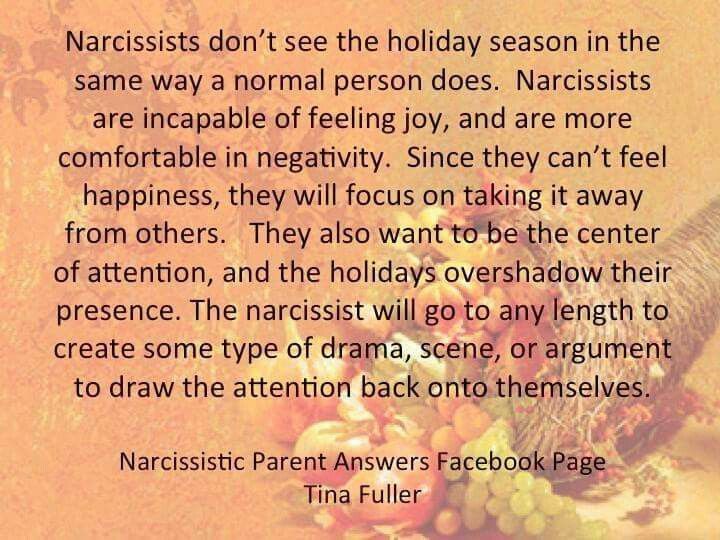
Most people who exhibit narcissistic traits would not meet a clinical definition of a narcissistic personality disorder.
Still, a grandmother with narcissistic tendencies can be just as damaging as someone with an NPD diagnosis.
The Two Types of Narcissism
Narcissists usually fall into two broad categories: grandiose narcissists and vulnerable narcissists.
Grandiose (or overt) narcissists enjoy being the center of attention, believe in their uniqueness and superiority, and feel entitled to the best things in life. This is who people call “egomaniacs.”
Vulnerable (or covert) narcissists are much more subtle about those same needs and beliefs.
They are torn by contradictions. On the one hand, they believe in their superiority over others.
On the other hand, they are plagued by feelings of inferiority, shame, and fear of criticism. So they prefer to stay “behind the scenes” and play the victim or the martyr.
A narcissistic grandmother is likely to be the covert type.
12 Signs of a Narcissistic Grandmother
As we’ve discussed, not all narcissists are the same. There’s a lot of variation in the behavior and personality of narcissistic people.
However, if you suspect your children’s grandmother is a narcissist, there’s a good chance she exhibits the following signs.
1. She has strong controlling and manipulative tendencies
Everything has to go her way, or else. And to get what she wants, she often uses covert or manipulative tactics such as guilt-tripping, gaslighting, blame game, playing the victim, etc.
These tactics are her weapons of choice because they are subtle enough to evade responsibility but effective enough for you to get the message.
2. She has volatile reactions
A narcissistic grandmother makes you feel like you always have to walk on eggshells, or she will explode with anger or shut down. She overreacts to the smallest arguments and perceived slights, and demands total obedience.
Whenever you step out of line, a narcissistic grandmother will be outraged or threaten to cut you and your children out of her life (or her will).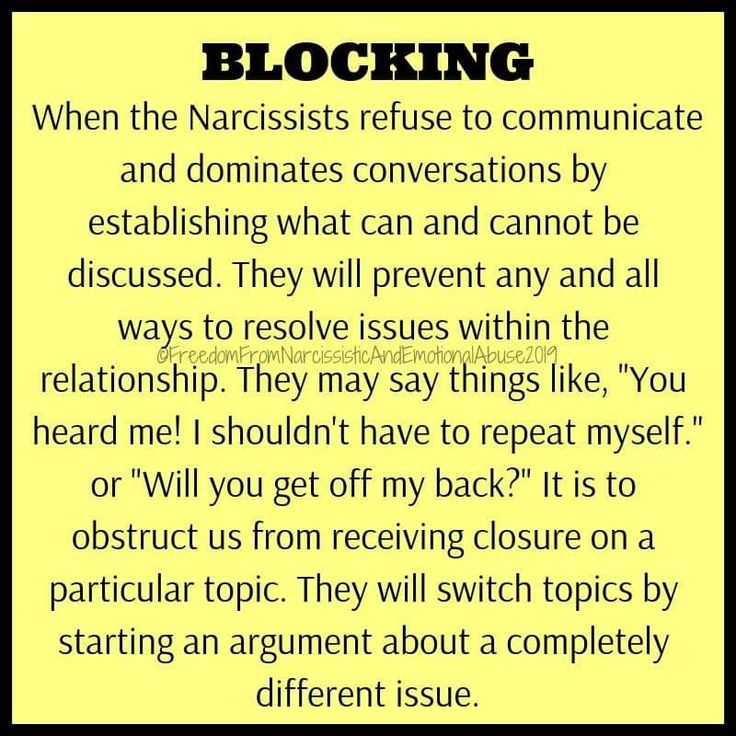 So you feel like a relationship with her can break apart at any minute.
So you feel like a relationship with her can break apart at any minute.
3. She doesn’t respect your decisions
Whether it comes to your personal decisions or decisions concerning your children, a narcissistic grandmother is fundamentally incapable of respecting your choices and beliefs. For that reason, narcissistic grandmothers often undermine the parents.
She ignores your childcare instructions when she babysits. And if you confront her about it, she’ll either deny the violation or dismiss it as an insignificant issue.
4. Her logic seems shaky or absurd
Her responses are often nonsensical when you disagree with her and try to make your point.
That’s because she engages in circular conversations also known as “word salad” with an intent to confuse you and ensure that the conversation never has the resolution you seek.
After an argument with her, you’ll feel drained, frustrated, and dissatisfied.
5. She plays Favorites with her grandchildren
A narcissistic grandmother will likely pick one grandchild out of the litter to love and adore.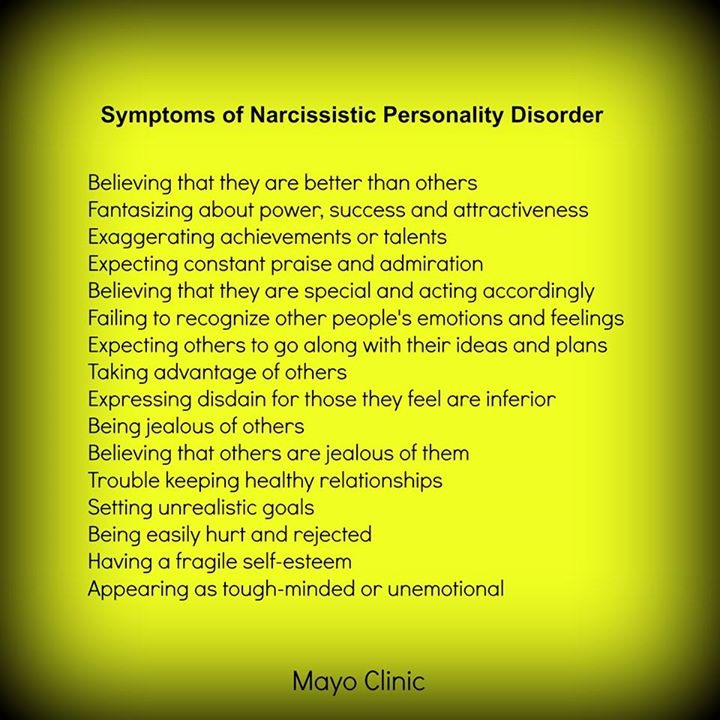 She will put that child on the pedestal, while the others will only receive scraps of her love.
She will put that child on the pedestal, while the others will only receive scraps of her love.
She did the same with her own children, choosing one child to be the “golden child,” and the other – the “scapegoat.” This is typical for families where one or both parents are narcissists.
6. She “grooms” her grandchildren
The term “grooming” refers to the grandmother gaining the trust and the loyalty of the grandchild to manipulate them. Narcissistic grooming might come in the form of gifts, special attention, special privileges, secret-keeping, etc.
Grooming goals can range from gaining narcissistic supply (the love and adoration of the grandkids) to turning your children against you.
7. She doesn’t own up to anything
Narcissistic grandmothers often cross boundaries, question your judgment, and undermine you as a parent.
If you confront her, she’s likely to deny the offense, turn the tables on you, or play innocent. No matter what you say, she will not accept responsibility or apologize.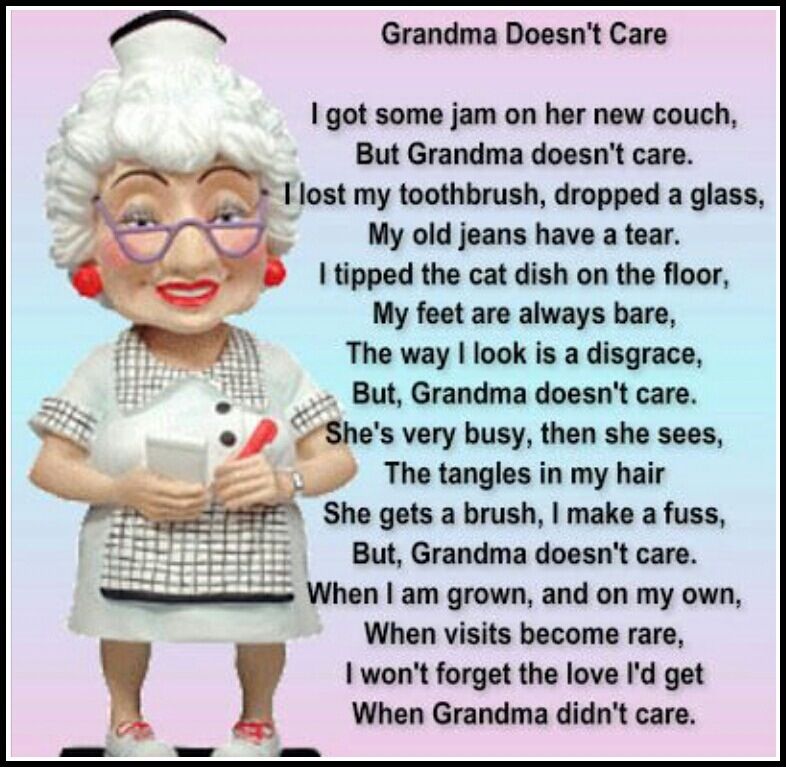
8. She has “flying monkeys.”
Abusive grandmothers are good at manipulating people’s perceptions of them.
So some family members will fall for her act and only see her the way she wants them to see her.
They will become her enablers – people who endorse the view that anyone who challenges the grandmother is ultimately wrong.
So if an argument arises, they will come to the grandmother’s defense and act as her good little soldiers or “flying monkeys.”
Of course, this is very intentional. The grandmother manipulates them to do her bidding.
9. She makes holidays and special events difficult
Family get-togethers should be joyous and enriching events. What’s better than sharing a meal with the people you love?
But in addition to turkeys and mashed potatoes, narcissistic grandmothers always cook up some drama for the holidays.
Expect that she will cause an argument, say something hurtful, or ruin everyone’s good time in some other way.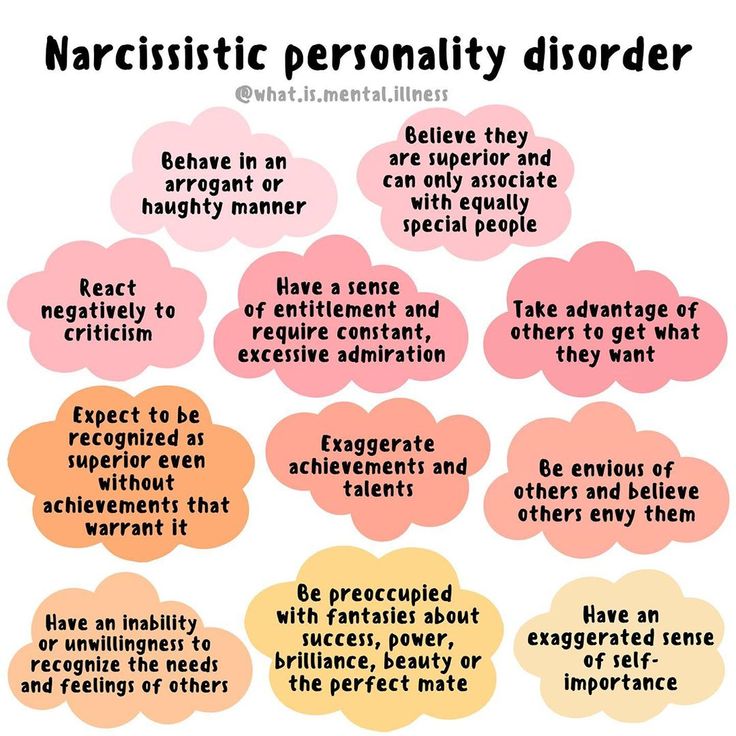
10. She lies about everything
Sometimes it’s mind-boggling because she will even lie about the things she has no reason to lie about.
That’s because she’s a pathological liar. Being dishonest is a way of life for her. She will treat you as a traitor and scapegoat when you start seeing through her lies.
She will even accuse you of being a liar – a tactic called “projection.” All of this is done to evade accountability and maintain control.
11. She’s a grandmother when it’s convenient for her
She wants to see the grandchildren on her terms: for example, only at her house, or only when she requests them. She also uses them to boost her public persona.
Whenever she has a chance to show off what a marvelous grandmother she is, she’ll put on a show and play the loving, doting granny to get the public praise. But privately, she’s often neglectful of the grandkids.
12. She pulls “disappearing acts.”
Like any narcissist, a narcissistic grandmother is hyper-sensitive to any criticism, and even an innocent comment can be perceived as a slight and a sign of disrespect.
When that happens, the grandmother will likely give you and your whole family the silent treatment.
So from time to time, she will disappear into this cone of silence which is meant to punish whoever crossed her.
The silent treatments can last for days, weeks, months, and even years! And the parents are often at a loss about what to tell their children.
4 Strategies for Dealing with a Narcissistic Grandmother
Now that you’ve identified the signs of a narcissistic grandmother, let’s figure out effective strategies for dealing with her.
1. Set limits.
Narcissistic grandmothers are notorious for crossing boundaries and disregarding instructions. The only way to deal with this is by continuing to set limits and distancing yourself when necessary.
You can try something Dr. Craig Malkin calls a “connection contract.” This is when you lay out the terms of your agreement to spend time with a narcissist, and what happens if the narcissist violates this agreement.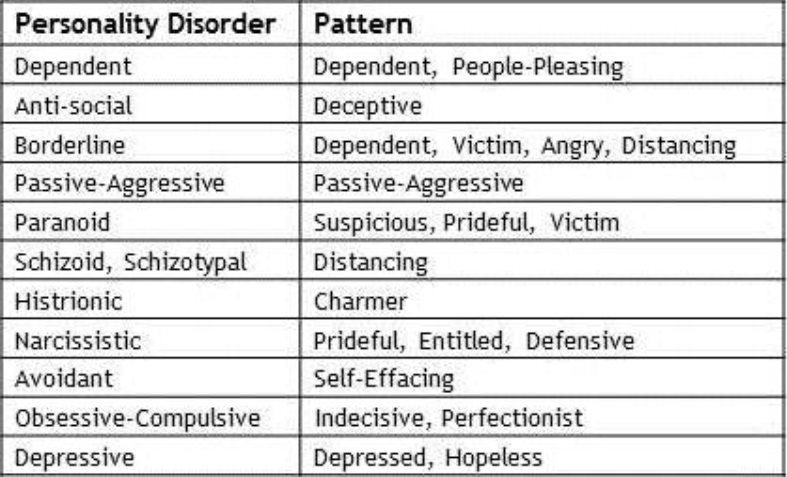
This is actually simpler than it sounds. Say, a narcissistic grandmother wants you and your kids to come over.
You say: “We will come. But if I hear yelling (cursing, putdowns, etc.), we will not be able to stay. So it’s really up to you if my kids and I come and spend time with you.”
2. Maintain emotional distance
This is probably the most essential coping strategy when dealing with a narcissistic grandmother or with any kind of narcissist.
Maintaining emotional distance has two parts: not allowing the grandmother to trigger an emotional reaction from you, and not showing the grandmother any emotions.
In literature, it’s referred to as “the grey rock method.” It’s when you don’t engage with anything the narcissist says or does and remain as animated as a rock. It’s kind of the emotional equivalent of playing dead.
The narcissistic grandmother feeds on your emotional energy. The more riled up you become, the more “food” she gets. If you give her nothing, eventually she will leave you alone.
3. Lean on your support system
Narcissistic grandmothers can create a lot of chaos, stress, and confusion in your life. They can leave you drained and frustrated, especially when your children are caught in the middle.
At times like this, you must use your support system. It can be your spouse, your sibling, or a friend.
The important thing is that they can provide you with a fresh perspective on the situation and give you emotional support when you most need it.
So don’t think you can tackle everything by yourself! Seek insight and help of the people who love you.
4. Pick your battles.
Sometimes you’ve got to let the little things go. This isn’t the same as placating a narcissistic grandmother. Stand by the things that really matter to you – things that you consider essential to your kids’ safety and wellbeing.
But constantly bickering and fighting with a narcissistic grandmother isn’t good for anybody, including you.
If you’re choosing to have a narcissistic grandmother in your life, you’ve got to have reasonable expectations of her.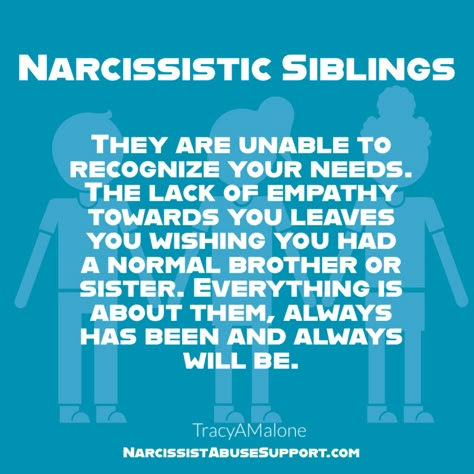
She is who she is. If you’re willing to accept her in your life and your kids’ lives, learn to endure some of her “charm.”
Set boundaries when you need to, but don’t make your relationship a constant battlefield. It’ll just cause you mental and physical exhaustion.
Final Thoughts
Having a narcissistic grandmother in your life can feel overwhelming, confusing, and bewildering. Her abusive ways are so subtle yet so deadly. And oftentimes, you’re probably worried about leaving your children with her.
Your worries are not unfounded. Narcissists can and do cause damage to those around them. For that reason, many people choose to go No Contact with the narcissistic family members, friends or partners.
But this is a topic for another discussion. I want to leave you with this: you are in control, even if it doesn’t feel like it.
I know a narcissistic grandmother has a way of making you feel powerless but it’s an illusion. That’s her smoke and mirrors.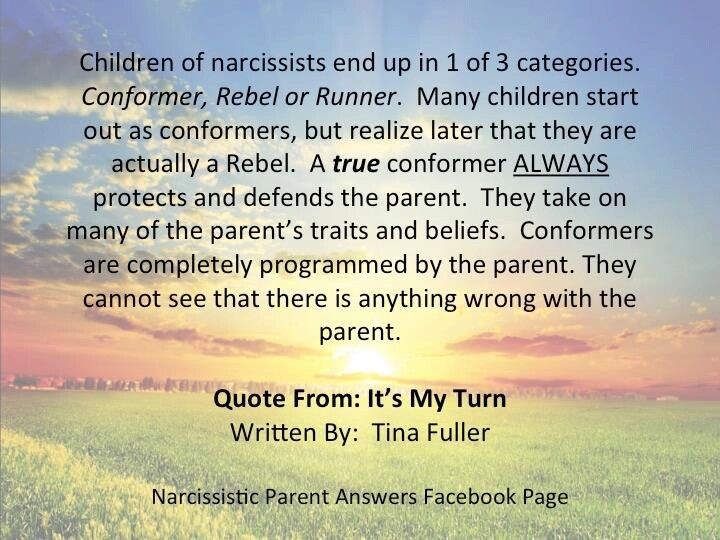 And it only works if you believe in it.
And it only works if you believe in it.
Focusing on how awful or difficult they are won’t help when it comes to toxic or narcissistic people. Instead, shift your attention to how you can handle them. In other words, don’t focus on problems; focus on solutions.
This will make you feel more powerful and in control of the situation. So no matter what the narcissistic grandmother throws at you, you have solid coping strategies in place.
This will reduce the amount of stress you experience when interacting with the grandmother, and set a positive example for your kids on how to handle difficult individuals.
Are You Interested in The Following Topics?
About the Author
Lana Adler is a writer and founder of Toxic Ties — an organization that provides support and resources for people in toxic relationships. She is the author of “The Toxic Grandparent Handbook,” the ultimate guide to difficult grandparents. Besides reading and writing, Lana loves travel, photography, and dirty martinis.
Apter, T. (2012). Difficult Mothers: Understanding and Overcoming Their Power. W.W. Norton & Company: New York.
Blake, L. (2015). Hidden Voices: Family Estrangement in Adulthood. University of Cambridge Centre for Family Research/Stand Alone.
Sarkis, S. M. (2018). Gaslighting: Recognize Manipulative and Emotionally Abusive People – and Break Free. Da Capo Press: New York.
MedScape, “Narcissistic Personality Disorder Questions & Answers”
PsychCentral, “In-Depth: Narcissistic Personality Disorder”
WebMD, “What Is Narcissism?”
Psychology Today, “Are You a Narcissist? 6 Sure Signs of Narcissism”
Mayo Clinic, “Narcissistic personality disorder“
21 Clear Signs Of A Narcissist Grandmother (2022)
Do you suspect that your grandmother is a narcissist?
This article is here to help you clear any doubts you may have.
This article discusses 21 signs of a narcissist grandmother and how to deal with such a grandmother.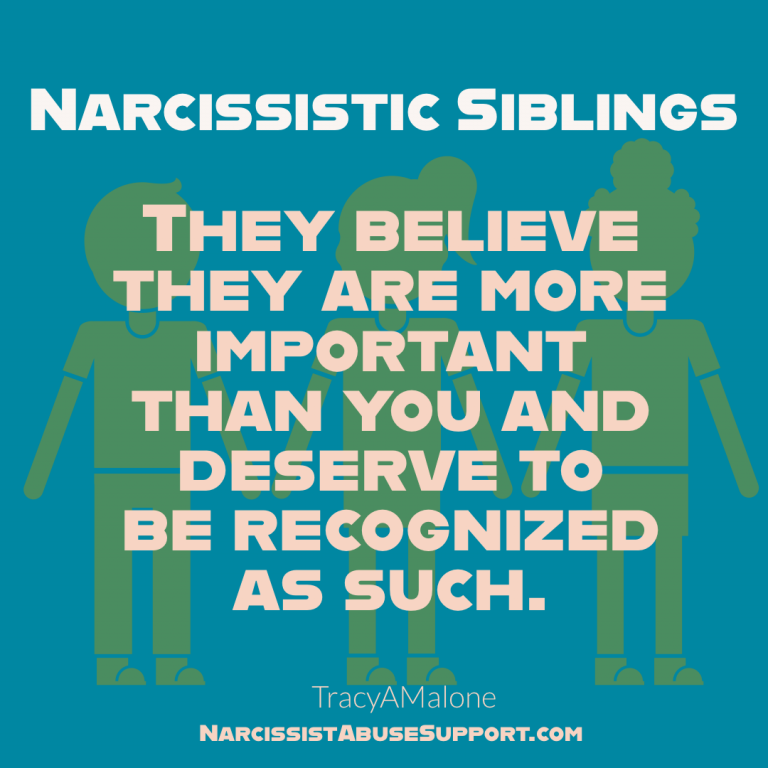
Here’s what you’ll learn:
Who is a Narcissist?
21 Signs of a Narcissistic Grandmother
#1. She Has Controlling and Manipulative Tendencies
#2. She Has No Boundaries
#3. She Has Attention Seeking Behavior
#4. She Talks Behind Your Back
#5. She’s Always Lying
#6. She Guilt Trips You and Your Children
#7. She Lashes Out at Your Kids
#8. She Doesn’t Respect Your Parenting Rules and Decisions
#9. She Says Inappropriate Things to Your Children
#10. She Mistreats Other People In front of Your Children
#11. She Has a Favorite and Outright Shows It
#12. She Wants to Be the Favorite Grandparent
#13. She’s Volatile
#14. She Cares Too Much About What Other People Think
#15. She Pulls a Disappearing Act
#16. She Badmouths You
#17. She Plays Victim
#18. She Has Family Members Who Fall for Her Act
#19.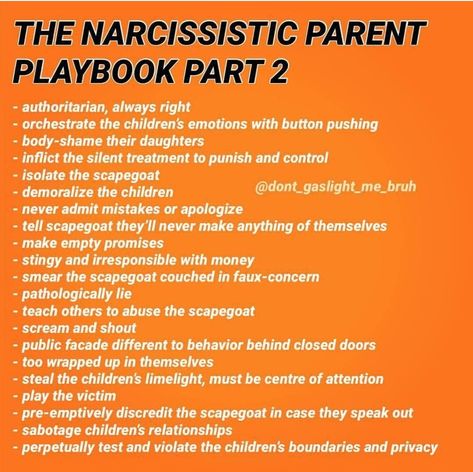 She’s Only Grandma When It Suits Her
She’s Only Grandma When It Suits Her
#20. She’s Never Owns Up to Anything
#21. She Might Have a Drug, Alcohol, or Other Addiction Issue
How to Deal with a Narcissistic Grandmother
Set Clear Boundaries with Your Grandmother
Avoid Getting Drawn into Her Drama
Build a Support System of Your Own
Protect Yourself Emotionally
Don’t Force Your Kids to Spend Time with Her
If All Fails, Cut Her Off
Any Further Questions?
Let’s get right into it.
Who is a Narcissist?A narcissist is defined as someone who’s excessively self-involved, vain, and has an inflated sense of importance.
While we all have narcissistic tendencies (we all enjoy praise and admiration and, on most occasions, prioritize our needs over others), some people take these tendencies to an extreme.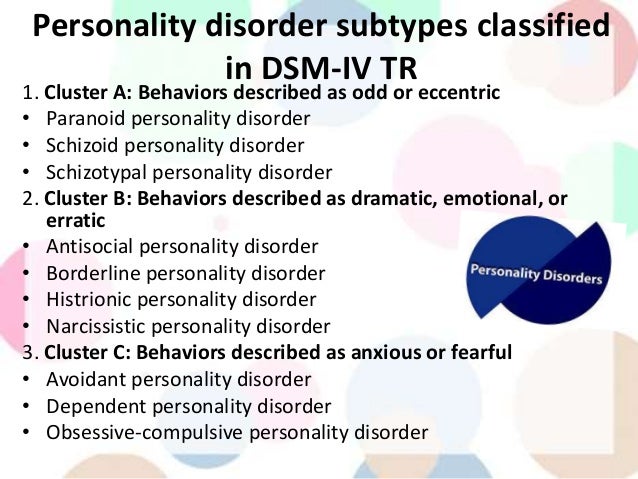
This pathological form of narcissism is referred to as narcissistic personality disorder, which is a mental illness characterized by:
- An inflated sense of self,
- A need for admiration and attention,
- A lack of empathy.
- Entitlement
- Arrogance
- Envy of others
- Exploitation of others
However, not all people with narcissistic personality disorder are the same. There are two main categories of narcissists, namely:
- Grandiose: These narcissists have an inflated sense of self and are very arrogant. They believe they’re better than others and often try to prove it by showing off their accomplishments or putting others down.
- Vulnerable: These narcissists have a fragile ego and are constantly seeking approval from others. They’re usually shy, sensitive, and emotional and prefer to play the victim card.
While most narcissists fall into one of these two categories, some may exhibit characteristics of both.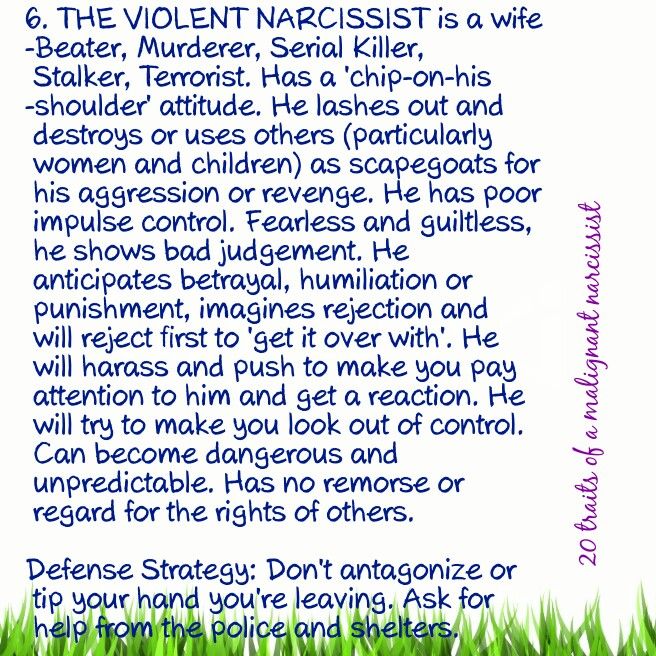
Now that we know who a narcissist is, here are 21 signs to look out for if you suspect your grandmother is a narcissist.
21 Signs of a Narcissistic Grandmother#1. She Has Controlling and Manipulative TendenciesOne of the first and most noticeable signs of a narcissistic grandmother is that she always wants to control your family and the whole family.
She may try to control where you live, work, where your kids go to school, and who you associate with.
In her mind, she knows what’s best for you and your family and wants everything to be done her way. In most instances, she will go to great lengths to make sure that happens.
What’s more, narcissistic grandmothers are also manipulative. They often use guilt trips, emotional blackmail, gaslighting, and even threats to get their way.
It’s not uncommon for narcissistic grandmothers to play one family member against the other to get what they want. For instance, she may tell your kids that their other grandparents are bad people and that they should stay away from them.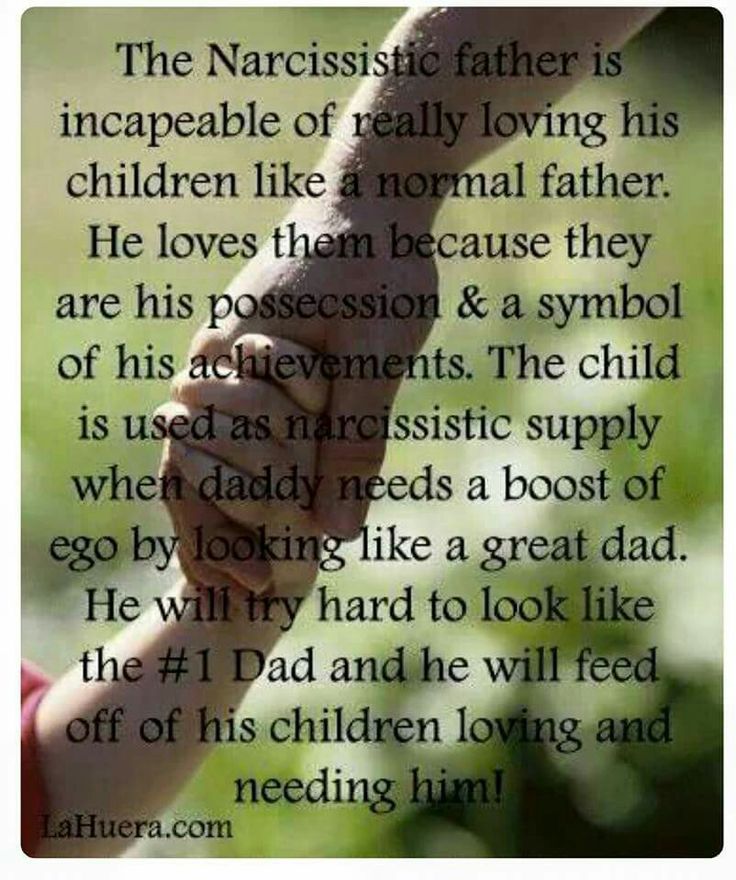
Does your grandmother always turn up at your house whenever she wants?
If so, then it’s likely that she has no boundaries.
Narcissistic grandmothers often invade their family members’ privacy and personal space. They believe they have a right to know everything going on in your life and will go to great lengths to get that information.
In some cases, narcissistic grandmothers may even snoop through your belongings or eavesdrop on your conversations.
Moreover, narcissistic grandmothers will often discuss your family issues with other people. They have no problem airing your dirty laundry in public if it means making themselves look good.
#3. She Has Attention Seeking BehaviorIf you have a narcissistic grandmother, you’ll probably find that she loves being the center of attention and always seeks validation from others.
Narcissistic grandmothers are often very charming and charismatic.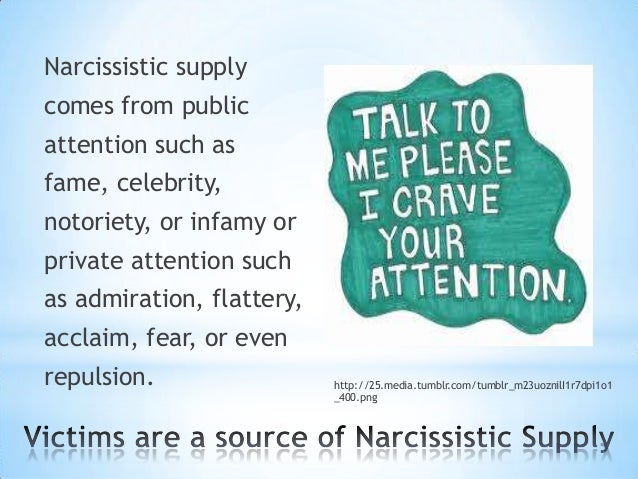 They know how to work a room and charm people with their words.
They know how to work a room and charm people with their words.
But behind that façade, narcissistic grandmothers are often insecure, anxious, and self-conscious. They need to be the center of attention and go to great lengths to ensure they are.
For instance, narcissistic grandmothers will often interrupt conversations, change the subject to be all about them, or monopolize your time.
And that’s not all!
A narcissistic grandmother could be dramatic. She may make everything into a big deal or create conflict where there is none.
All she cares about is getting the attention she so desperately craves.
FREE Coaching Tips!
Enter your email below to get access to my proven self-growth tips and strategies!
#4. She Talks Behind Your BackA narcissistic grandmother will talk negatively about you to others while smiling at your face.
She will gossip about you, your family, and your friends behind your back.
In her mind, she is the only one who matters, and everyone else is just a pawn in her game.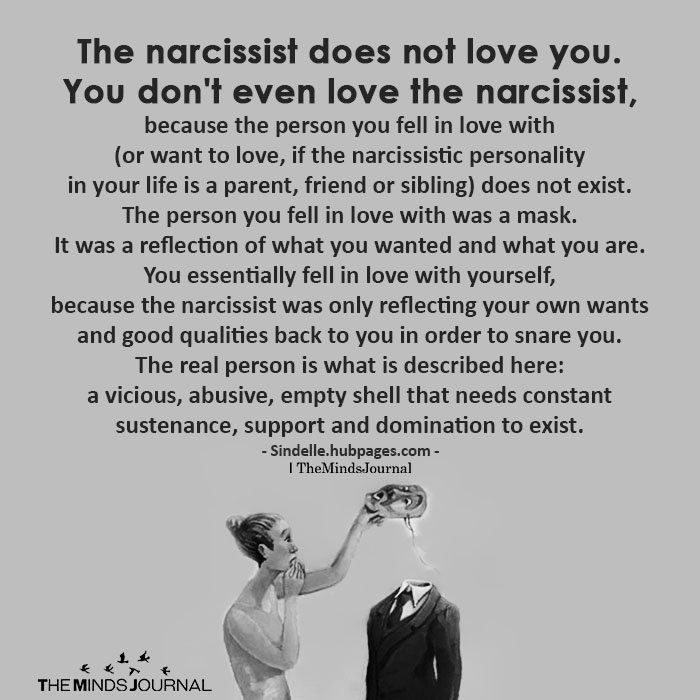 She will use anyone and everyone to get what she wants.
She will use anyone and everyone to get what she wants.
And if you confront her about it, she will deny it or turn the tables and make it seem like you’re the one who’s in the wrong.
Don’t be fooled by her sweet words and fake smile. A narcissistic grandmother is not to be trusted.
Related: Toxic Grandparents Warning Signs & What To Do
#5. She’s Always LyingDo your mother’s stories never add up? Is she always lying? If she is, then that’s one of the signs of a narcissistic mother.
Narcissistic grandmothers will often lie about their accomplishments, feelings, and age. They need to be seen as perfect and will go to great lengths to ensure everyone sees them that way.
But the truth is, narcissistic grandmothers are far from perfect. In fact, they’re often quite flawed individuals. But they don’t want you to know that.
So, they’ll lie and manipulate the truth to make themselves look good.
Narcissist grandmothers may also lie to manipulate you or your children.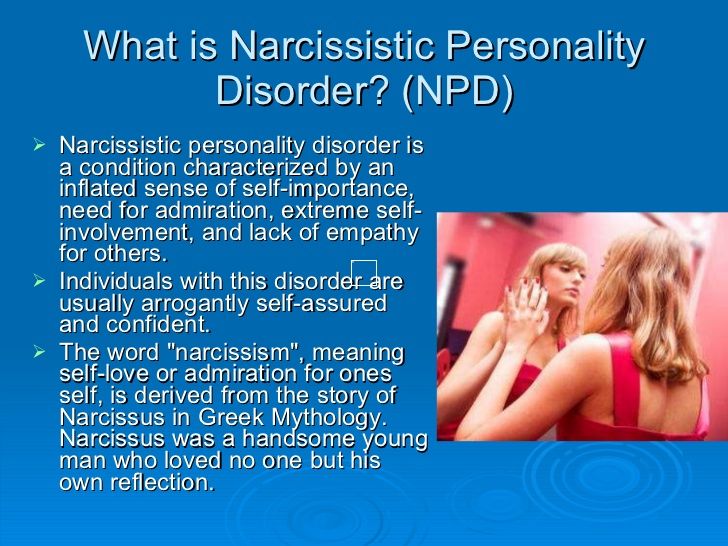 They may use lies to get what they want or control the situation.
They may use lies to get what they want or control the situation.
Either way, it’s essential to be aware that narcissistic grandmothers are often dishonest and should not be trusted.
#6. She Guilt Trips You and Your ChildrenA narcissist grandmother will often use guilt as a tool to control her family.
She may guilt trip you into doing things for her
For instance, she may guilt trip you into spending time with her by saying things like, “I’m so lonely. I don’t see you very often.”
Or she may guilt trip you into giving her money by saying things like, “I’m not as young as I used to be. I can’t do everything myself.”
Narcissistic grandmothers will also guilt-trip their grandchildren into doing things for them.
They may say things like, “I’m so old and frail. I need you to help me around the house.” Or, “I don’t have anyone else to turn to. You’re my only grandchild.”
Guilt-tripping is a narcissistic way of manipulating and controlling her family.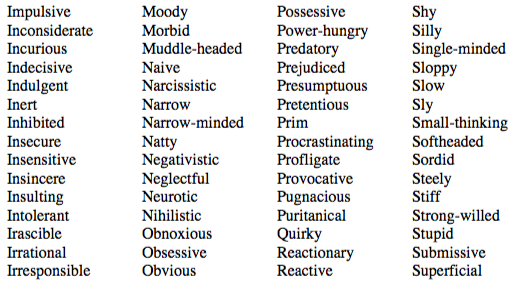 So, be on the lookout for it.
So, be on the lookout for it.
One of the main characteristics of most narcissists is that they get angry when people don’t do as they want.
This form of narcissistic rage can be directed at anyone, even your own children.
A narcissistic mother may lash out at your kids when they don’t do what she wants or if they disobey her. She may yell at them, hit them, or say hurtful things. In her mind, she is the authority figure and must be obeyed.
And it’s not only yelling.
Narcissistic grandmothers also tend to be passive-aggressive. They may give your kids silent treatment or withhold love and affection from them when they don’t do what she wants.
This is just another narcissistic way of trying to control and manipulate her family.
Related: Tips How To Deal With A Narcissistic Elderly Mother
#8. She Doesn’t Respect Your Parenting Rules and DecisionsA narcissistic grandmother will often try to undermine your parenting rules and decisions.
She may do things like buying your kids candy when you’ve told them they can’t have any or let them stay up later than their bedtime.
She may also try to discipline your kids when they’ve done something wrong, even if you’ve already dealt with the issue.
In her mind, she knows better than you and she will do whatever she can to prove it.
#9. She Says Inappropriate Things to Your ChildrenA narcissistic grandmother may say inappropriate things to your children.
She may say hurtful and mean things to them, such as calling them names or telling them they’re worthless.
A narcissistic grandparent may also say sexually inappropriate things to their grandchildren.
They may make lewd comments or jokes,
This is one of the most narcissistic and abusive things a narcissistic grandmother can do. It’s essential to be on the lookout for it and protect your children from it.
Photo by RODNAE Productions#10. She Mistreats Other People In front of Your ChildrenA narcissistic grandmother may mistreat other people in front of your children.
She may say hurtful things to them, call them names, or make fun of them.
Narcissistic grandparents may also physically abuse other people in front of their grandchildren.
They may hit, slap, or even push and shove people.
This is another narcissistic way of trying to control and manipulate her family. It’s essential to be on the lookout for it and protect your children from it.
Children who witness their grandmother mistreating others may learn to do the same thing themselves. They may also have difficulty empathizing with others and develop a sense of entitlement.
#11. She Has a Favorite and Outright Shows ItWhile every grandmother has her favorite grandchild, a narcissist grandmother will make it obvious who that favorite is.
She may go out of her way to spend time with this golden child, shower them with gifts, and brag about their accomplishments.
At the same time, she may barely acknowledge the existence of her other grandchildren.
This behavior can be hurtful and confusing for the children involved. They may start to wonder why they are not good enough or what they did to deserve this treatment
The narcissist grandmother may also try to control this favorite grandchild, dictating what they should wear or how they should behave.
And that’s not all!
Besides having a favorite, a narcissist grandparent may also have a grandchild she least likes. This grandchild is often used as the scapegoat and may be the target of the narcissistic grandmother’s abuse.
This grandchild may be made to feel like they are never good enough or that they are always doing something wrong. They may also be subject to the narcissist’s verbal and physical abuse.
If you suspect that your mother may be a narcissist, pay close attention to how she treats her grandchildren.
#12. She Wants to Be the Favorite GrandparentAnother sign that your mother may be a narcissist is if she constantly strives to be the favorite grandparent.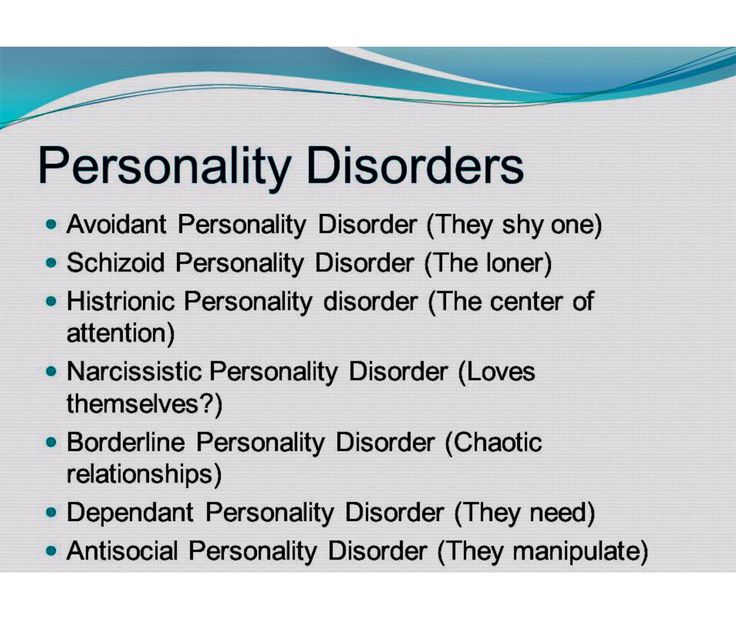
She may buy her grandchildren more expensive gifts than other grandparents, boost of her achievements, or take them on more lavish vacations.
Narcissistic grandmothers often feel like they must be the best and most special to be loved and accepted.
This can be exhausting for grandchildren who just want to have a normal relationship with their grandparents. They may start to feel like they can never please their narcissistic grandmother.
Unlock Your Potential NOW!
Get FREE access to my self-growth area and achieve more fulfillment, success, control, and self-love!
#13. She’s VolatileDoes it feel like you’re always walking on eggshells when your mother is around?
You can’t speak your mind, share your opinions, or express your feelings without fear of her flying into a narcissistic rage.
A narcissistic parent is often very volatile and can go from 0 to 100 in seconds. One minute she may be sweet and loving, and the next, she may be yelling and criticizing you.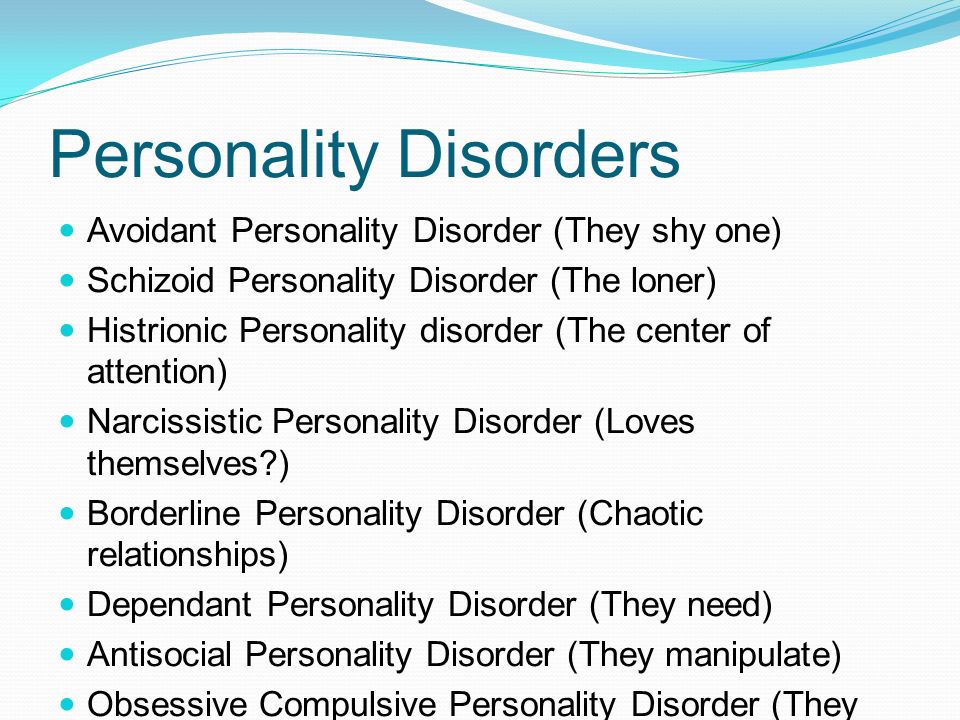
This constant emotional roller coaster can be draining for grandchildren. They may feel like they can’t do anything right and always walk on eggshells around their narcissistic grandmother.
#14. She Cares Too Much About What Other People ThinkNarcissists are often very image-conscious and worried about how others perceive them. They may go to great lengths to put on a good show and present a positive facade.
However, this can come at the expense of their loved ones, who they may view as nothing more than props in their quest for approval and validation.
Due to their manipulative and controlling nature, a narcissistic grandmother may try to dictate how their family should dress, behave, and interact with other people.
This can be especially challenging for grandchildren, who may feel like they must conform to her standards to avoid her wrath.
Of course, not every grandmother who cares about what other people think is a narcissist.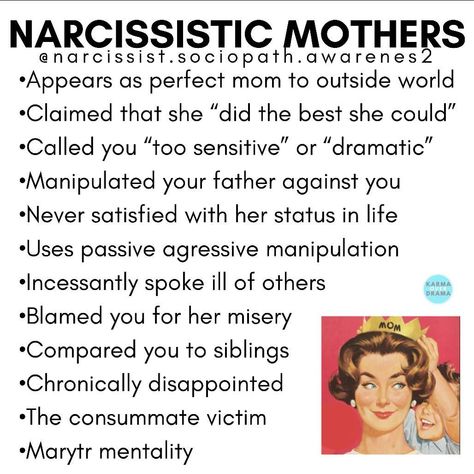
But if you notice that your grandmother seems addicted to approval and is always putting on a show for outsiders, it may signify that she’s a narcissist.
#15. She Pulls a Disappearing ActAnother sign that your grandmother may be a narcissist is if she disappears for long periods without any explanation.
She may go on extended vacations, business trips, or stop responding to your calls and texts.
This can leave you feeling confused and abandoned. It’s as if you don’t matter to her.
And when she does reappear, she may act as if nothing happened and expect you to pick up where you left off.
#16. She Badmouths YouNarcissistic grandmothers will often badmouth you and your children.
This can be in person or behind your back, but either way, it’s hurtful. She may do this to undermine your confidence or manipulate you into doing what she wants.
For example, she may say hurtful things about your parenting skills or criticize your appearance.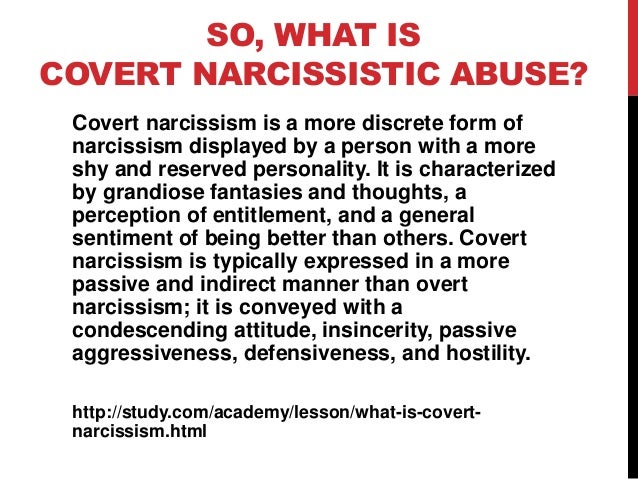 Or she may try to turn your children against you by telling them lies or exaggerating the truth.
Or she may try to turn your children against you by telling them lies or exaggerating the truth.
She may also try to pit you against your siblings, telling you different things about the other.
This toxic behavior can damage your relationship with your grandmother and make it difficult to trust her.
Photo by Andrea Piacquadio#17. She Plays VictimNarcissists are experts at playing the victim. They may try to make you feel sorry for them or like you’re the one in the wrong.
They may do this by gaslighting you, making false accusations, or twisting your words.
For example, she may say that you’ve been neglecting her, even if you’ve been calling her every day. Or she may claim that you said something hurtful, even if you didn’t.
This type of manipulative behavior can be confusing and frustrating. It’s important to remember that you’re not responsible for her happiness or wellbeing.
You shouldn’t feel guilty for setting boundaries or standing up for yourself.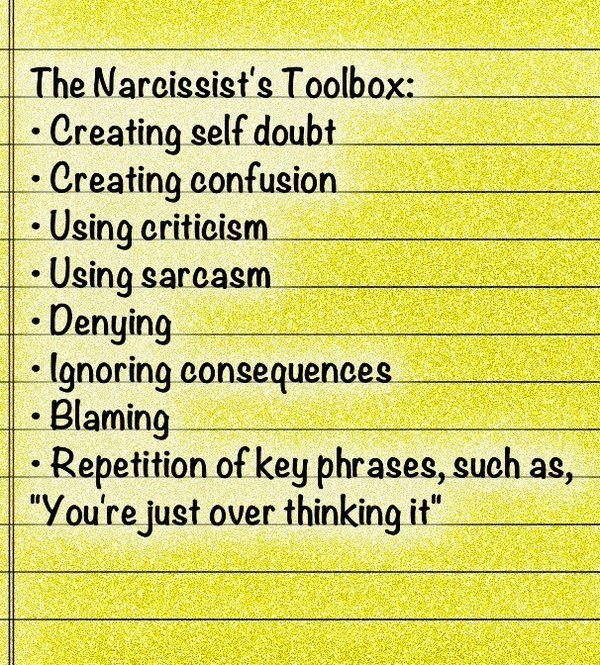
Another telltale sign of a narcissist is the presence of flying monkeys. These are individuals who the narcissist has convinced to do their bidding, often without realizing it.
They may be other narcissistic family members, friends, or even strangers.
The flying monkeys may share similar narcissistic traits to your grandmother and will do things like defending the grandmother’s lousy behavior, spreading rumors about you, or trying to convince you that you’re the one in the wrong.
They may also try to isolate you from your support system.
These individuals can make it difficult to stand up to the narcissist and further damage your relationships.
#19. She’s Only Grandma When It Suits HerMany narcissistic grandmothers are only interested in their grandchildren when it suits them.
They may use them as props to make themselves look good, or they may try to control and mold them into the image they have of the perfect grandchild.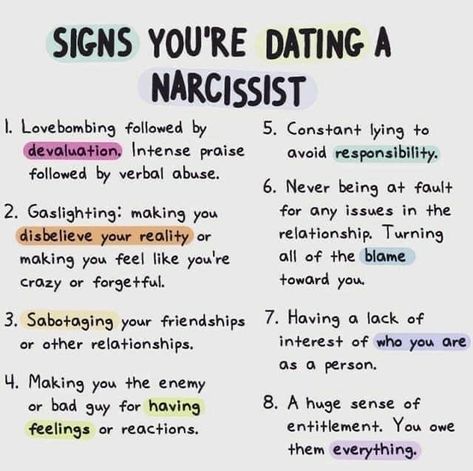
But when it comes time to actually be there for their grandchildren, they often fall short.
They may cancel plans at the last minute, neglect their emotional needs, or simply not bother to show up.
This can leave grandchildren feeling unimportant and unloved.
It can also damage their self-esteem and make it difficult for them to form healthy relationships in the future.
#20. She’s Never Owns Up to AnythingNarcissists never take responsibility for their actions. They always find someone or something else to blame.
So, if you confront your narcissistic grandmother about her bad behavior, she’s likely to deny it or make excuses.
She may say that she was just joking, that you’re too sensitive, or misunderstood her.
She may also try to shift the blame onto you, claiming that you’re the one who’s really at fault.
#21. She Might Have a Drug, Alcohol, or Other Addiction IssueMany narcissists have addiction issues.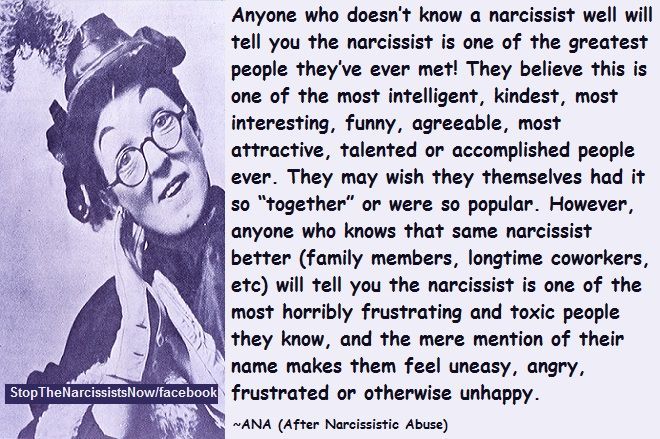 This can be anything from alcohol or drug abuse to gambling or shopping.
This can be anything from alcohol or drug abuse to gambling or shopping.
And while not all addicts are narcissistic, many share some similar traits.
For example, they may lie about their use, be secretive and manipulative, or be unable to take responsibility for their actions.
If your grandmother has an addiction, it’s essential to get help. But it’s also important to remember that you can’t fix her.
You can only offer your support and hope that she’ll be willing to get help independently.
Photo by Andrea Piacquadio from PexelsHow to Deal with a Narcissistic GrandmotherSet Clear Boundaries with Your GrandmotherOnce you realize your grandmother is a narcissist, one of the first things you can do is set clear boundaries with her.
Let her know what you will and will not tolerate, and stick to those boundaries. If she tries to cross them, don’t hesitate to walk away, or end the conversation.
It’s also important to be assertive with her.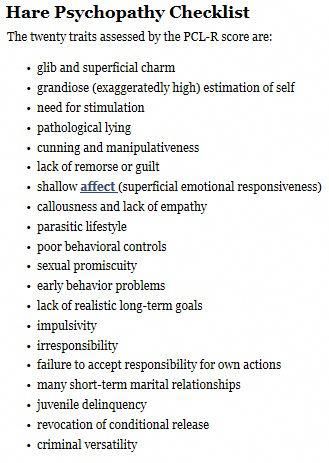 Narcissistic grandmothers often try to control their family members by manipulation or guilt.
Narcissistic grandmothers often try to control their family members by manipulation or guilt.
Don’t fall for it. Instead, stand up for yourself and let her know that you’re not going to put up with her bad behavior.
Avoid Getting Drawn into Her DramaNarcissists are always creating drama. And while it can be tempting to get involved, it’s essential to avoid getting drawn into her web.
Instead, just walk away. The less attention you give her, the less power she has over you.
Build a Support System of Your OwnOne of the narcissistic grandmother’s favorite tactics is to isolate her family members from their support systems.
She may do this by badmouthing you to other people, making it difficult for you to see your friends or family, or even moving away.
But it’s essential to have a support system. So, do your best to build one of your own.
This can be anything from close friends to a therapist or counselor. And if you can’t physically be around your support system, there are always online options, like forums and chat rooms.
And if you can’t physically be around your support system, there are always online options, like forums and chat rooms.
Narcissistic grandmothers can be emotionally abusive. They may constantly criticize you, put you down, or make you feel bad about yourself.
And while it’s important to stand up to this behavior, it’s also essential to protect yourself emotionally.
This means setting boundaries and limits on how many contacts you have with your grandmother. It may also mean seeking professional help to deal with the emotional damage she’s caused.
Don’t Force Your Kids to Spend Time with HerNarcissistic grandparents can be emotionally abusive and damaging to their grandchildren. Just because she’s your grandmother doesn’t mean you have to force your kids to spend time with her.
In fact, it may be best to keep them away from her if possible.
So, if you can, shield your children from her bad behavior.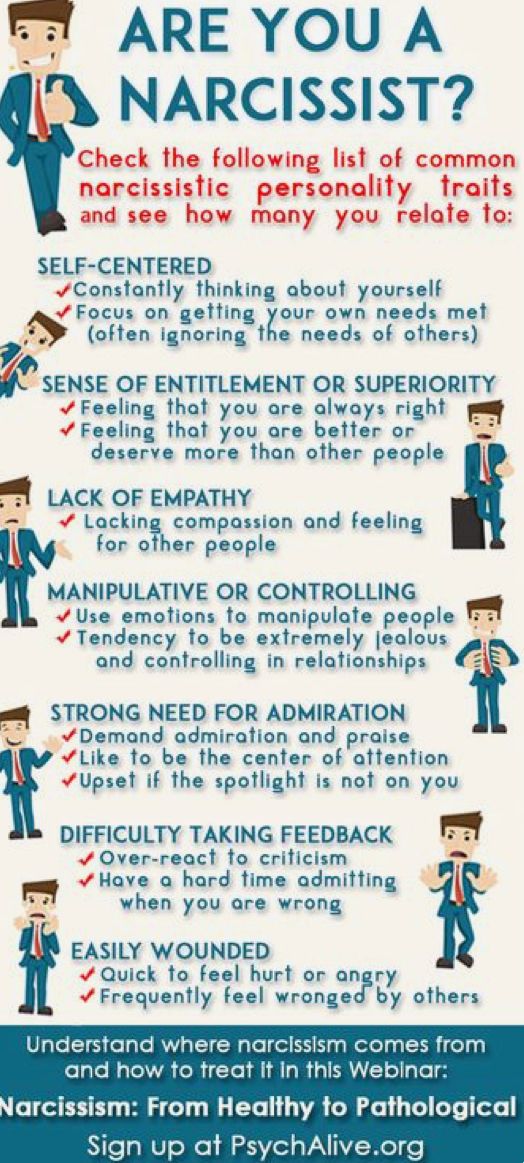
Sometimes, no matter what you do, it’s impossible to have a healthy relationship with a narcissistic grandmother.
And in these cases, it may be best to cut her out of your life. This doesn’t mean you have to completely sever all ties with her.
But it does mean setting boundaries and limits on your contact.
It may also mean only talking to her when necessary.
Whatever you do, make sure you’re doing what’s best for you and your family. And don’t let a narcissistic grandmother control your life.
Related: 11 Best Ways To Emotionally Detach From A Narcissist
Any Further Questions?There you go.
All you need to know about identifying and dealing with a narcissistic grandmother.
Which of these signs have you noticed in your grandmother? How will you deal with her?
Are there any signs or ways to deal with a narcissistic grandmother we’ve left out? Please share them in the comment section below.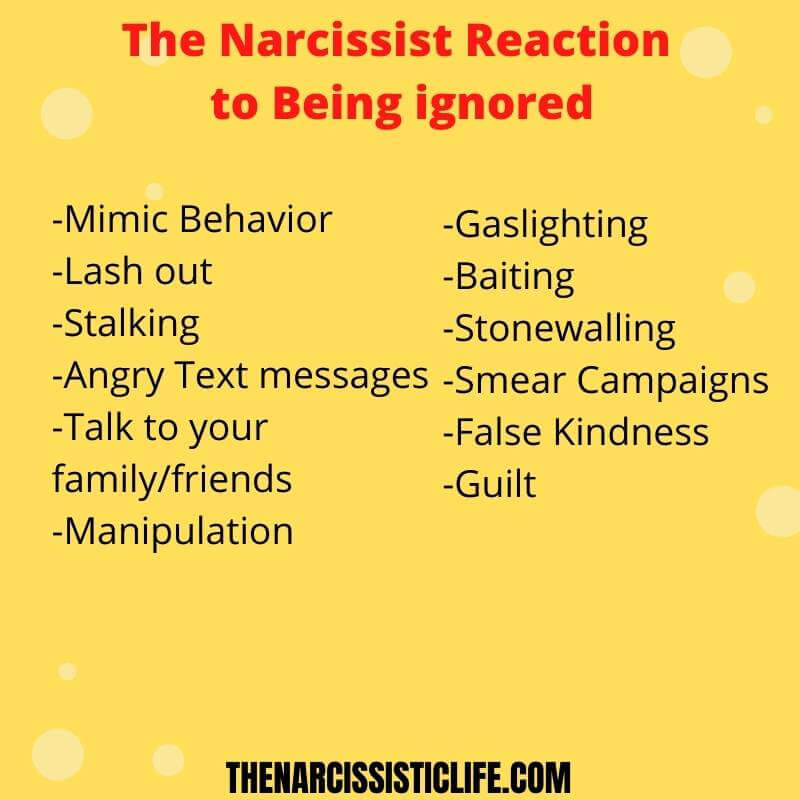
And if you have any questions regarding the signs discussed in this post, please ask them in the comment section below.
I’ll be happy to respond to any question asked.
FREE Coaching Tips!
Enter your email below to get access to my proven self-growth tips and strategies!
10 signs that your children have a narcissistic grandmother
When we choose a life partner, we do not always pay attention to the behavior of the partner's parents. In this case, someone's NARCISSISM may come as an unexpected surprise to us. Or maybe the narcissist is our own parent? And now, instead of a caring grandmother baking pies, your children have a manipulative, selfish relative (s) whose emotional antics do not benefit the well-being of your family. nine0003
We understand that grandparents are not perfect, but narcissistic or self-absorbed grandparents almost never apologize or admit their mistakes. Here is what it is useful to pay attention to in the behavior of the grandmother of your children.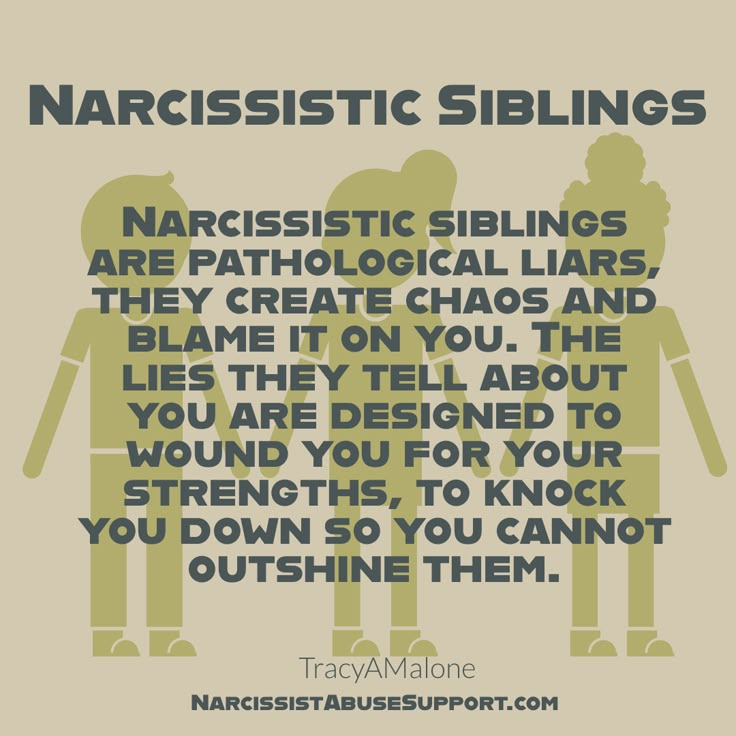
1. She strives to be the "favorite"
She claims to be loved by her children and grandchildren the most. Even if she does little to nothing to win this love, Grandma expects everyone to behave the way she imagined. She singles out favorites among children and grandchildren, ignoring the rest. This is done in order to push relatives to compete for her sympathies. nine0003
2. She criticizes, says negative things behind your back
She questions your talent as a parent, but she doesn't hesitate to criticize you behind your back. She may say something negative about your children, and even directly to them in your absence. She meticulously examines them, looking for flaws. You start to worry, leaving such a grandmother with your children.
3. She believes she is entitled to a “perfect” relationship
She is self-centered and lacks basic relationship skills, so she never interacts personally with either adults or children .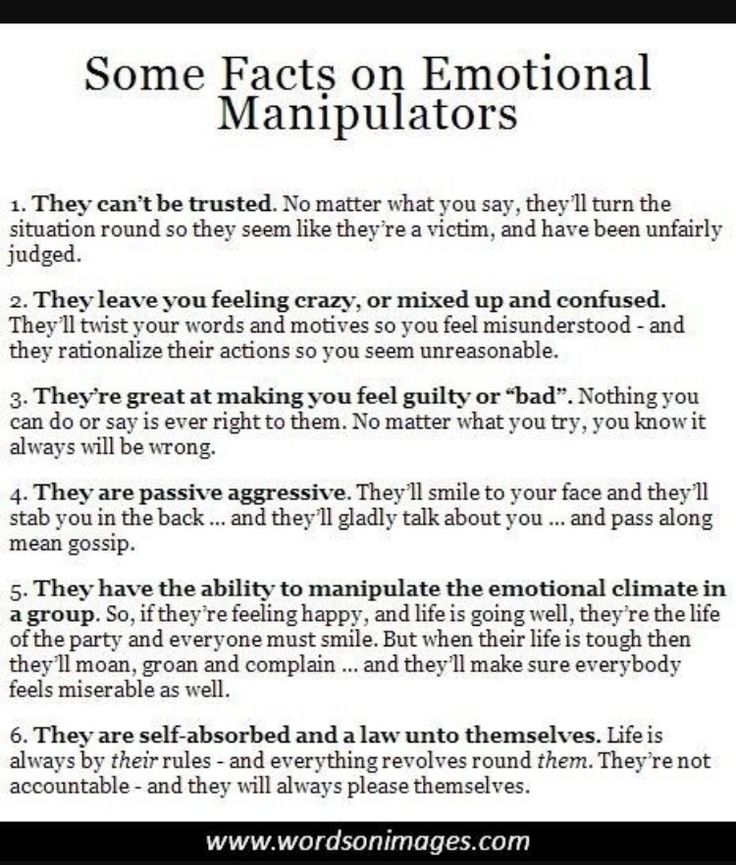 But despite this, she expects everyone to support her communication scheme. She understands that she needs a relationship with her grandchildren, but she is sure that their adoration is a matter of course. She dictates the time, place and duration of meetings. If she does not receive gratitude for her "upbringing", she will accuse you and your children of all sins.
But despite this, she expects everyone to support her communication scheme. She understands that she needs a relationship with her grandchildren, but she is sure that their adoration is a matter of course. She dictates the time, place and duration of meetings. If she does not receive gratitude for her "upbringing", she will accuse you and your children of all sins.
4. She doesn't really care about her grandchildren
The narcissist is distinguished by shallow feelings and a small emotional range. Such a grandmother does not bother to spend time and energy on getting to know her own grandchildren enough, does not worry about their condition, does not remember their birthdays, does not delve into the problem of their allergies, never changed diapers. If the children come to her, she forgets to feed them, makes her do something around the house. For her, grandchildren are more like accessories or hired help.
5. Your children are not attached to her
Your children may feel real discomfort around her.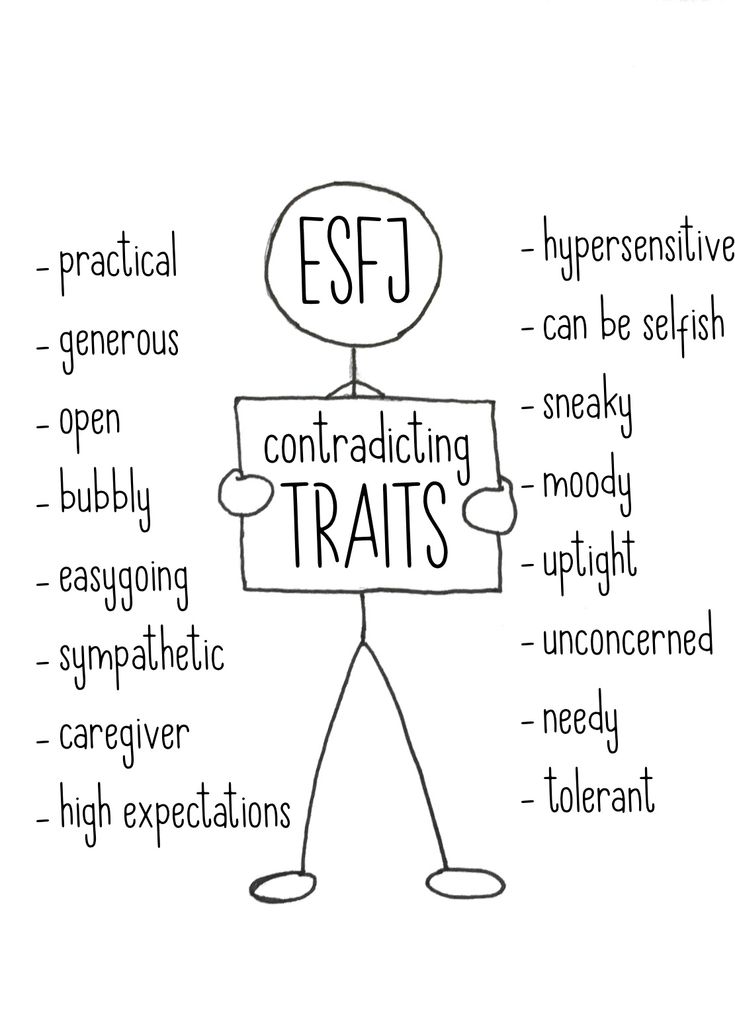 They do not jump for joy in anticipation of meeting her, they are silent, afraid to approach her, avoid communication, or are clearly sad or upset after meeting her - there is hardly a positive emotional connection with the grandmother.
They do not jump for joy in anticipation of meeting her, they are silent, afraid to approach her, avoid communication, or are clearly sad or upset after meeting her - there is hardly a positive emotional connection with the grandmother.
6. She uses guilt and manipulation to get what she wants
If something doesn't suit her, she rants, pouts, cries, criticizes, pretends to be a victim, or finds some other way to manipulate her loved ones to achieve her goals. nine0013 She is really adept at emotional games and uses unworthy methods to do so.
7. She doesn't respect your parental policy
The family rules you set don't apply to her. She considers herself the only authority, and undermines your position, not because she disagrees with you, but out of a desire to be a commander. For her, the threat from someone else's authority is unbearable, and therefore she disrespects your methods of education, decisions, requirements.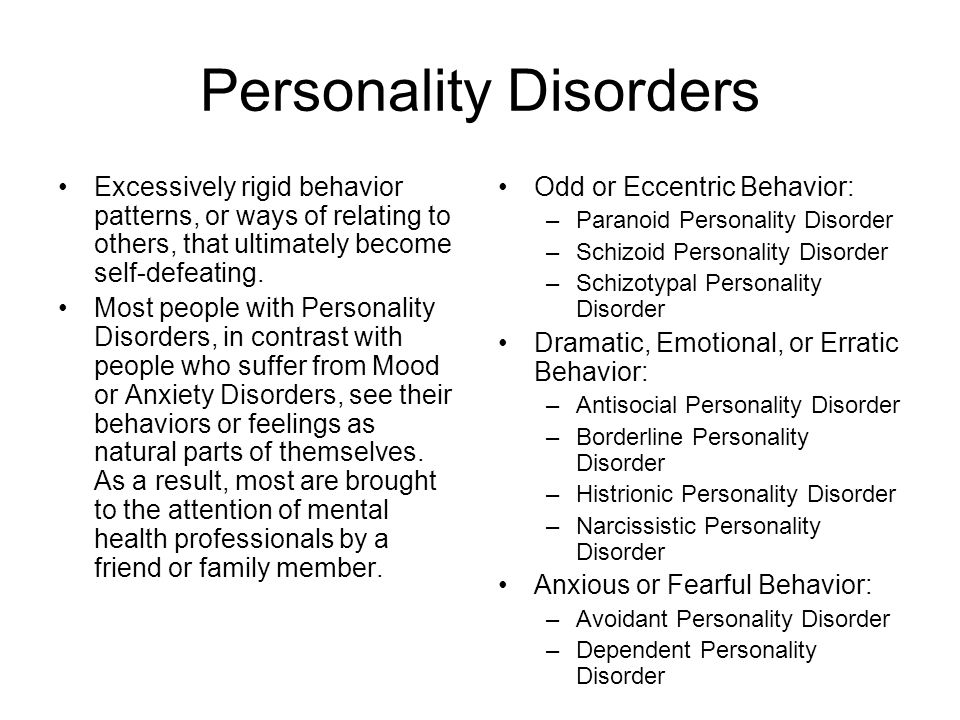 nine0003
nine0003
8. She pretends not to do anything wrong
She is not guilty a priori! And if you decide to criticize or express concerns, she reacts either aggressively, or tries on the role of a victim, takes offense, cries, gets angry. She doesn't really listen to you, she only thinks of herself: experts call this "empathic attunement failure". She is convinced that she is always perfect.
9. She uses people
Her antics are motivated by the desire to feel better. nine0013 The whole family gives her attention, takes care of her, but the scenery is such that it's all for them, not for her. She thinks of her grandchildren not as small individuals, but as tools for her well-being and a means to support her ego.
10. She is like a bottomless pit
She has no core, inside she is empty and broken, and nothing can heal and change her. She is always short of everything: time, attention, admiration, love, worship.published by econet.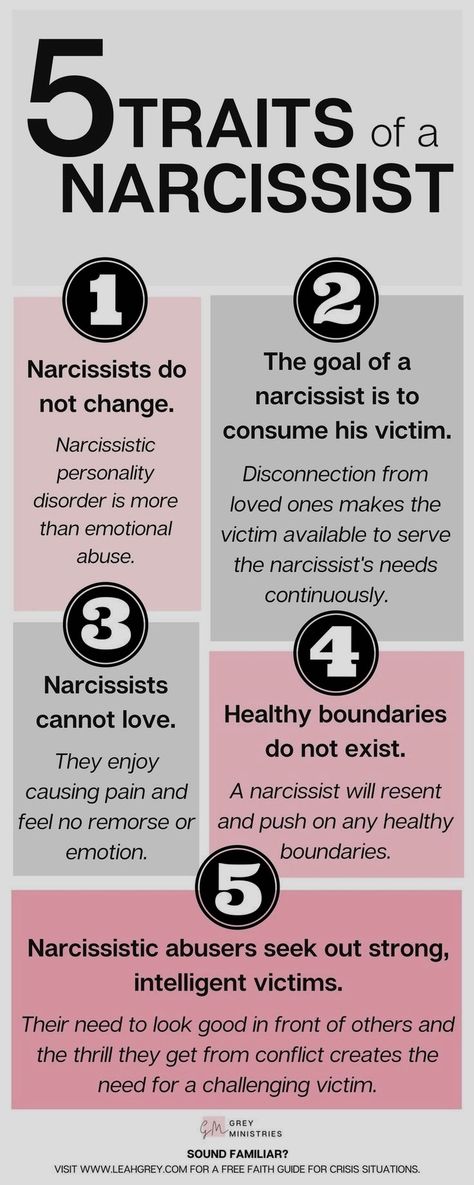 ru
ru
The best publications in the Econet.ru Telegram channel. Subscribe! nine0014
P.S. And remember, just by changing your consciousness - together we change the world! © econet
what effect does this have on grandchildren❗️☘️ ( ͡ʘ ͜ʖ ͡ʘ)
Contents
- Narcissistic grandparents
- What happens when a grandparent has a narcissistic disorder?
- What if a grandparent has a narcissistic disorder?
- Reduce contact
- Set limits for grandparents
- Become independent
- Distance
- In the same house with narcissistic parents
Narcissistic parents will not change their destructive behavior, even becoming grandparents, they may even increase it. On the one hand, young children are easy to use as a source of narcissistic support because they express affection unconditionally and are grateful for attention. On the other hand, narcissistic grandparents will turn their grandchildren against their parents in order to feel better and bolster their own egos.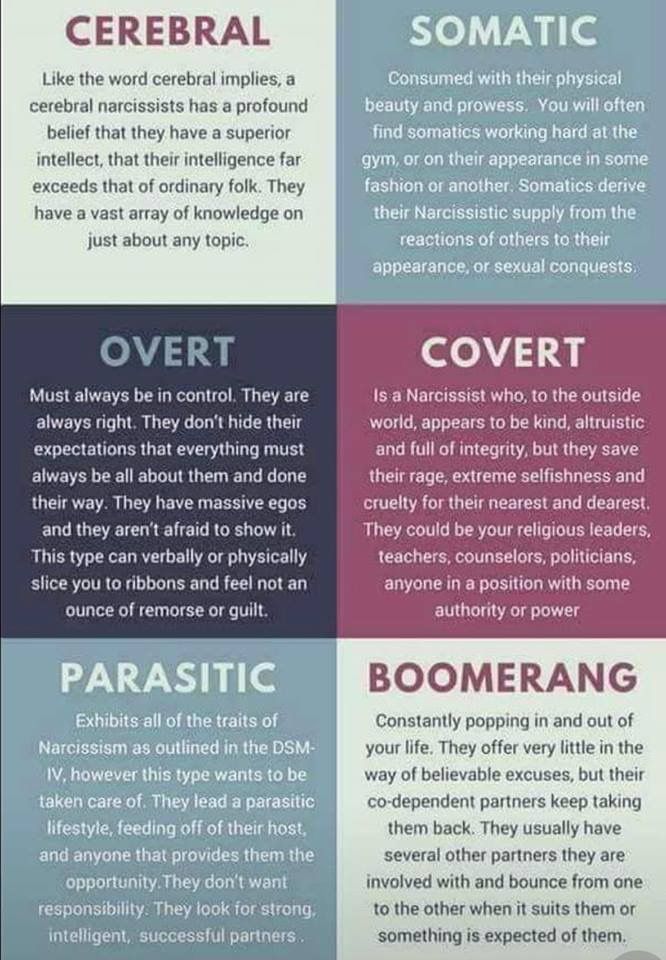 nine0003
nine0003
Read also: Upbringing in the modern world - which grandma's advice is outdated and which is still relevant
Narcissistic grandparents
social pressure as parents, and can fully devote themselves to their grandchildren in the allotted time. This easily leads to rules set by parents being subverted by grandparents and used to drive a wedge between parents and children. nine0003
Together with grandparents, children are allowed everything that their parents forbid, so mom and dad look like “bad cops” who behave “unkindly” towards their children. This can seriously damage family relationships.
The situation is especially critical when a young family is dependent on grandparents for any reason (eg financial problems, employment, single parent, sick or disabled parent). This gives grandparents the opportunity to always and by all means enter the young family and "take the lead." nine0003
Since narcissistic parents often successfully demonstrate to their children that they are helpless and unviable without their help, they may feel dependent on their elders anyway and do not even dare to take a step towards independence or separate themselves due to the birth of their own children and related actions. Instead of separating, they return to their childish role. Therefore, they often allow grandparents to exceed their authority.
Instead of separating, they return to their childish role. Therefore, they often allow grandparents to exceed their authority.
What happens when a grandparent has a narcissistic disorder? nine0113
While the rules must be followed at home, many children feel with their grandparents that they are allowed to be and accepted as they are. What it might look like:
- Grandparents violate parental rules, such as allowing their grandchildren to eat extra sweets or showering them with money, toys, or other gifts. This can lead to significant aggression on the part of children towards their parents if they have to adhere to the rules again ("I hate my mother, I only want to see my grandmother"). nine0088
- Grandparents believe that any problems with parenting confirm that they are the best educators, because children are always "nice" to them.
- Grandparents use every opportunity to subtly criticize parents for raising their children:
- Don't you like grandma's food.
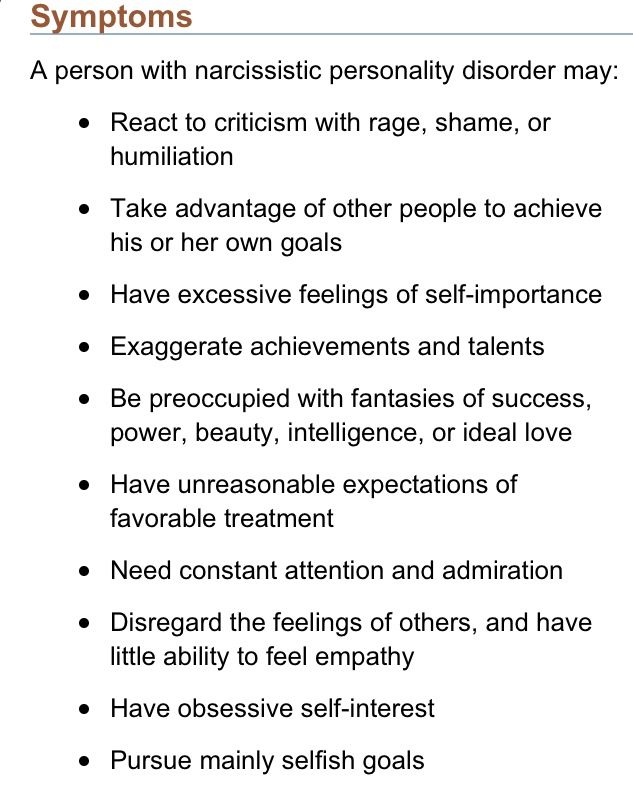 Did your mom cook anything tasty for you?
Did your mom cook anything tasty for you? - What trousers did your mother wear to you? Rip (modern jeans)! We will immediately throw them in the trash and buy you new and beautiful things! nine0088
- Grandparents demand attention from their grandchildren ("Don't keep petting the cat - grandma needs love!") and instill remorse when they can't get enough of it ("Grandma was sad because you didn't come").
- Grandparents are not afraid to favor some grandchildren (mostly boys) and disadvantage some (mostly girls). One is praised by everyone and everything is allowed to him, the other is criticized by everyone, one receives many gifts, the other - few. nine0088
- Grandparents try to use their grandchildren for their desires, for example, they can go with them to their friends to show off, or use them as helpers. For example, they can convince them to help with some business or force them to play with supposedly “right” comrades with whom they don’t want to play at all.
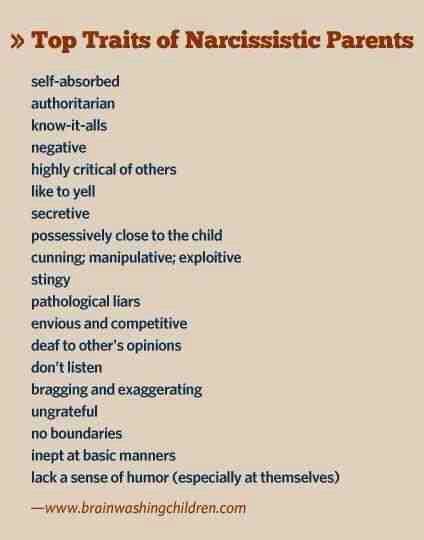
- They show no real interest in the needs or desires of children, but try to mold them according to their own ideas. Everything should be the way they want it, right down to the style of clothing. nine0088
During puberty, this can lead to conflicts, changeable taste for grandchildren's clothes or music is greatly depreciated:
- What rag did you put on again?
- What nonsense are you listening to? I hope you get better at music.
- If grandparents no longer receive enough love from their grandchildren, they do not shy away from devaluing them in favor of third parties. They measure whether someone is a good person or a bad person by whether someone is wealthy or not, and tell everyone around them about it. nine0088
- Narcissistic grandparents in no way accept parental boundaries.
- If parents try to prevent contact with their grandchildren, some grandparents do everything to achieve it. Up to the fact that guarding children near the school.
 Some even threaten to sue, which has no basis, because in this case the law is on the side of the parents.
Some even threaten to sue, which has no basis, because in this case the law is on the side of the parents. - Narcissistic grandparents are especially problematic for disabled grandchildren, as they tend to overprotect them. In order to remain needed and to receive gratitude, they often try to keep the disabled person dependent, keeping him out of trouble and preventing him from practicing skills, such as dressing him himself, although to some extent he could or should have learned to do this himself. They present it as love and the best intention (“I only want the best for you”). This makes it difficult for people with disabilities to be educated and independent within their means, and some skills remain underdeveloped. If parents want to increase their independence, conflicts and aggression are inevitable here too. nine0088
What if a grandparent has a narcissistic disorder?
Reduce contact
If you don't want to cut contact between grandparents and grandchildren, at least try to control and reduce it. It often makes sense to allow grandchildren to communicate with grandparents only in the presence of one of the parents in order to control their behavior.
It often makes sense to allow grandchildren to communicate with grandparents only in the presence of one of the parents in order to control their behavior.
Setting limits for grandparents
Since they are like narcissists, they are unlikely to accept limits, it is often necessary to threaten and implement consequences, as in the case of raising children:
- If you act according to our rules, you will get a grandson for an hour on Sundays, otherwise you will not see at all.
- Stay true to the facts, don't give up and keep setting limits.
Become independent
If you're overburdened with kids, single, or both parents work full time, it's best to get outside help through outside care so you don't have to depend on your grandparents. Try to stand on your own feet financially to reduce grandparents' involvement. If you have psychological problems, try to stabilize yourself through therapy so that you can be around your children in a better way.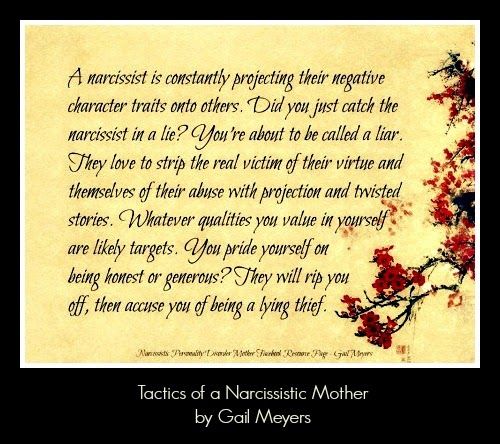 nine0003
nine0003
Distance
If grandparents live near or even in the same house and invest too much in a young family, moving can be beneficial. Often children's behavior suddenly improves and aggression decreases because they are no longer being manipulated.
- If the intervention of the narcissistic grandparents is very destructive and the children show severe aggression or behavioral disturbances, it is also possible to get a communication ban through the courts. This can be promising if you collect enough evidence of disruptive behavior, such as testimonies from neighbors, caregivers, kindergarten teachers, letters from grandparents to a child or parents. It is highly desirable to keep everything and document events or statements in writing. nine0088
- Raise your children with confidence, encourage them to give up the opinions of others and go their own way. From a certain age, you should talk openly with the children about the situation and make up for shortcomings (for example, if preference is given to one of the children).
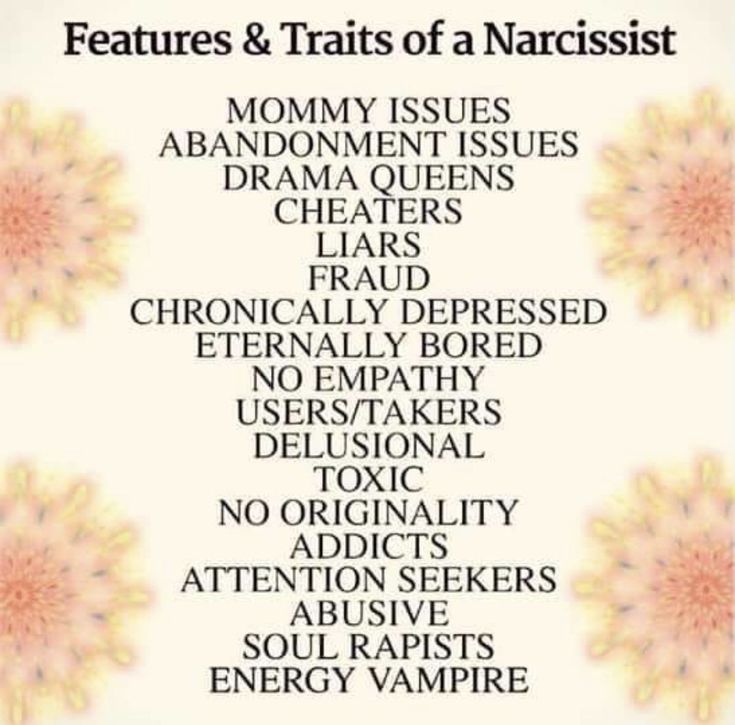
- Bet on time. Most kids see through their narcissistic grandparents sooner or later, find they are all self-absorbed, and then turn away from them.
- Narcissistic grandparents can seriously endanger the mental health of parents and children, as well as their relationship with each other, or even cause the collapse of the marriage, if their manipulation is directed against the couple. Distance is the best way to minimize their impact - breaking contact completely can often be a good solution. nine0088
In the same house with narcissistic parents
Often several generations live in the same house. It's not always easy, but this kind of closeness between an adult child and their narcissistic parents is especially problematic. It is clear what this can lead to when parents do not respect any boundaries, and a child has been taught all his life not to allow borders to be defended. For example, a story: a mother enters her daughter's apartment uninvited and does everything for her, surrounds her with care and reproaches her as ungrateful and disobedient, while she is torn between anger and fear.